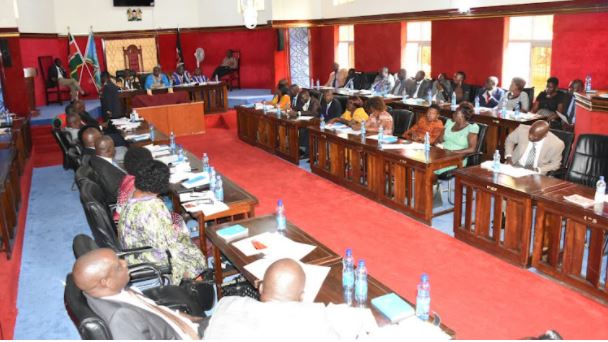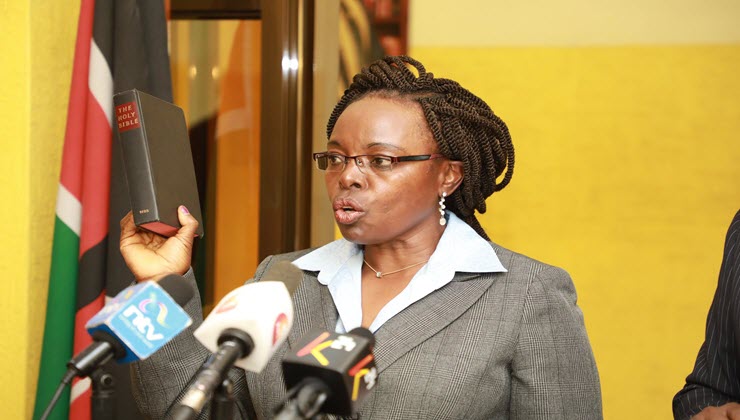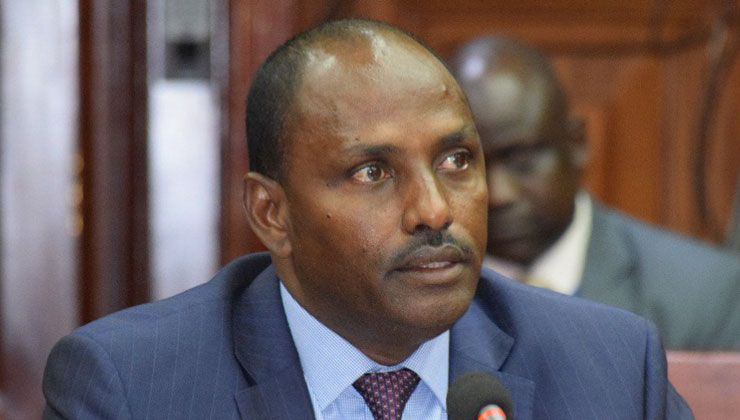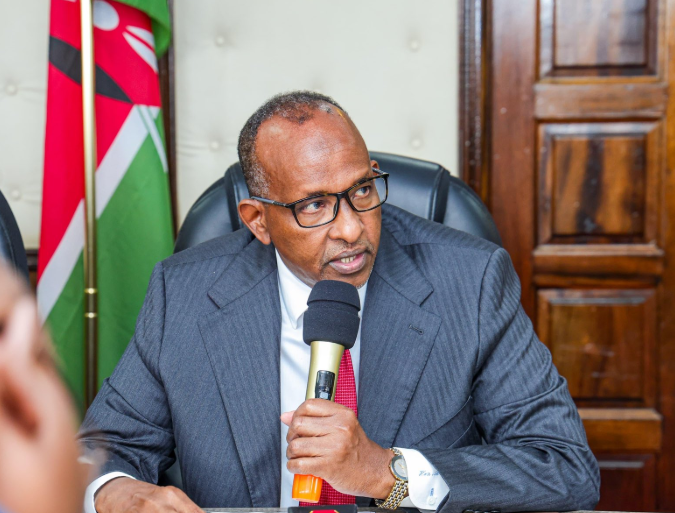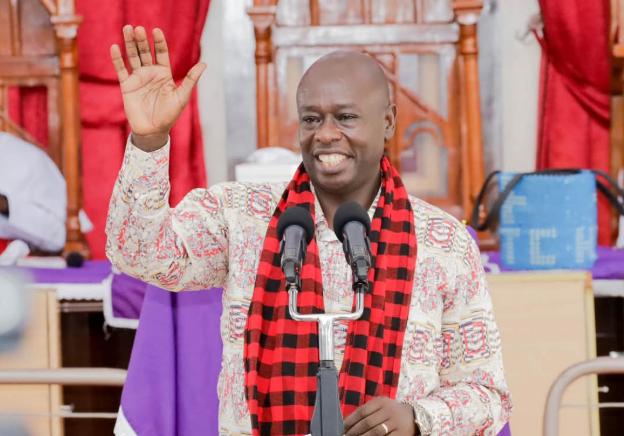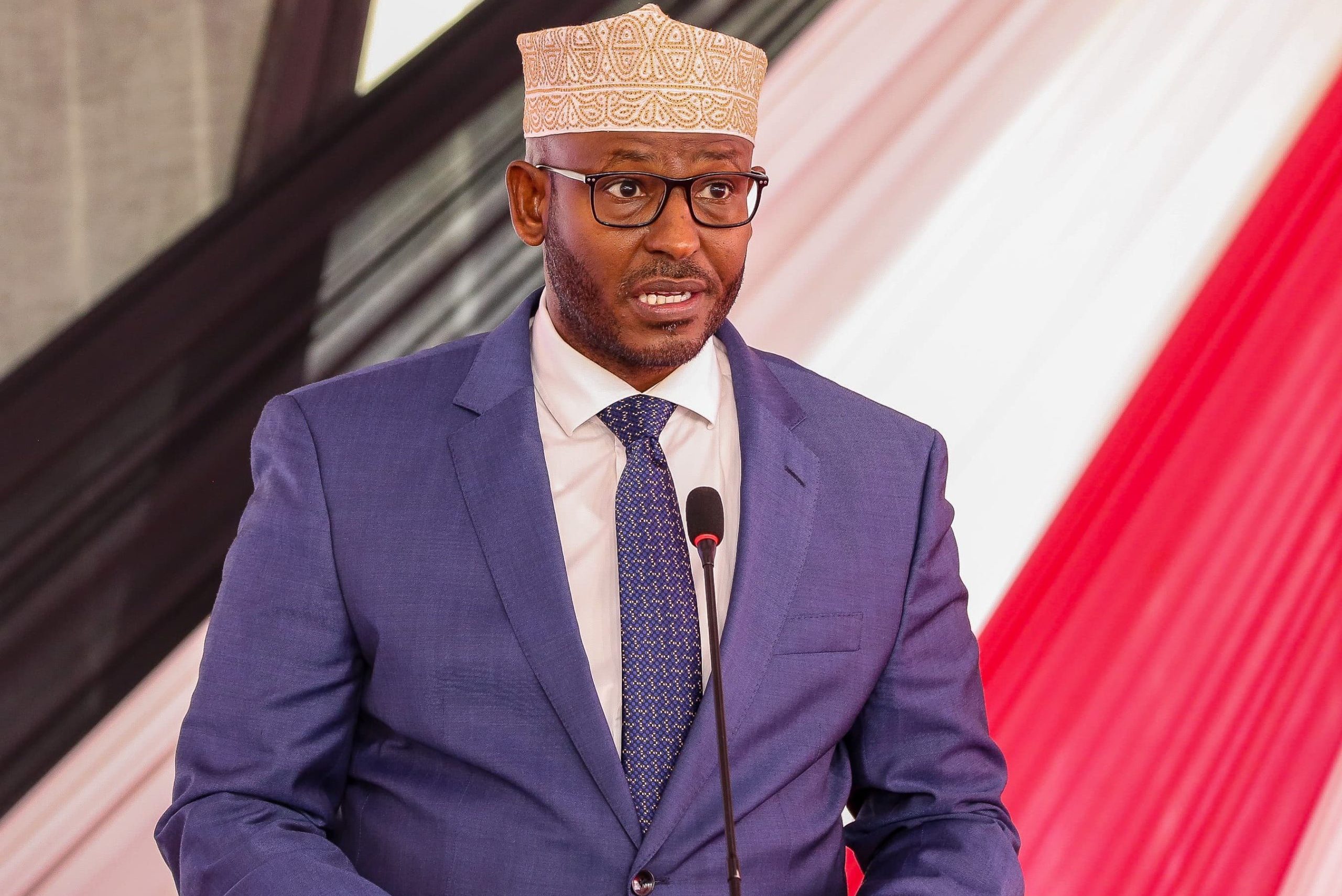Governors gobble up Sh12 billion on wages alone

By Hillary Mageka and Anthony Mwangi
Counties spent a staggering Sh12 billion on salaries alone between July 2018 and March this year, a report by the Controller of Budget says.
The CoB, Agnes Odhiambo, expressed fears development activities risked grinding to a halt if the trend continued.
It has emerged that even as governors fight for more revenue allocations, they have gradually been increasing their wage bills to unmanageable figures.
At least six governors serving their second terms increased their counties’ annual wage bills to almost double immediately after their re-election, the report says.
They include Hassan Joho (Mombasa), Alfred Mutua (Machakos), John Nyagarama (Nyamira), Patrick Khaemba (Trans Nzoia) and Paul Chepkwony (Kericho).
Increase wage bill
Odhiambo, whose tenure ends this month, has ranked in no particular order Kericho, Uasin-Gishu, Garissa, Bungoma, Laikipia, West Pokot, Mombasa, and Baringo as the eight counties worst affected by choking wage bills.
The report shows Joho increased his county wage bill by a whopping Sh1 billion, from Sh2.5 billion to Sh3.6 billion. In Kericho, Chepkwony increased the wage bill from Sh1.65 billion to Sh2.04 billion, a 32 per cent increase.
Mutua increased the Machakos wage bill from Sh3.4 billion to Sh3.9 billion, a 15 per cent rise. In Garissa, Governor Ali Korane increased the wage bill from Sh2.3 billion to Sh3.3 billion during the period under review.
The wage bill for Bungoma under Governor Wycliffe Wangamati increased by 15 per cent, from Sh3 billion to Sh3.5 billion. Jackson Mandago of Uasin Gishu increased the wage bill by 11 per cent, from Sh2.2 billion to Sh2.5 billion during the first financial year of his second term.
In Nyamira, Nyagarama, increased the county wage bill from Sh2 billion to Sh2.5 billion an increase of Sh500, 000 or 18 per cent. Mandera County under Governor Ali Roba had an upsurge of Sh500 million, from Sh1.7 billion to Sh2.1 billion in the financial year under review.
Follow law
Marsabit had its wage bill go up from Sh1.5 billion to Sh1.8 billion when Governor Mohamed Ali took over.
“To address these challenges, CoB recommends that county governments should establish optimal staffing levels to ensure that personnel costs are sustainable and within the set limit of 35 per cent of a county’s total revenue as provided in Regulation 25 (1) (b) of the Public Finance Management (County Governments) Regulations, 2015.”
“If the governor who had served previously recruited people according to specified qualifications as per the law, how come the wage bill increased during his second term? To me, that is impunity because he did not follow the law that he took an oath to abide by,” nominated Senator Farhiya Ali Haji told People Daily in an interview.
The report which covers the nine months of Financial Year 2018/19, also says nine governors, who were freshly voted into office in 2017, also ballooned the wage through a frenzy contracting of employees outside the set guidelines.
Others are first-term governors Ali Korane (Garissa), Wycliffe Wangamati (Bungoma), Wilberforce Otichillo (Vihiga), Nderitu Muriithi (Laikipia), Stephen Sang’ (Nandi), Joseph ole Lenku (Kajiado), Fahim Twaha (Lamu) and Kiraitu Murungi (Meru).
Odhiambo further says the 47 county governments consumed an additional Sh12 billion in the first nine months of the last financial year on personal emoluments.
“The expenditure on Personnel Emoluments (PE) of Sh120 billion was an increase from Sh108 billion incurred in a similar period in the Financial Year 2017/18 when personnel expenditure translated to 58.8 per cent of the total expenditure,” said Odhiambo.
Reward cronies
“Counties should rationalise expenditure on non-core activities, such as travelling, in order to free funds for key development programmes,” she said.
Odhiambo has fingered the rising wage bill as the biggest threat to development in counties — where governors are keen to reward their kin and cronies with jobs.
“Counties that reported the highest expenditure on personnel emoluments as a percentage of total expenditure were: Machakos at 66.4 per cent, Embu at 66.2 and Nyamira at 66.1,” she said.
The CoB report showed that devolved units spent Sh120.54 billion (52.3 per cent) on personnel emoluments, Sh63.39 billion (27.5 per cent) on operations and maintenance and Sh46.55 billion (20.2 per cent) on development activities.
